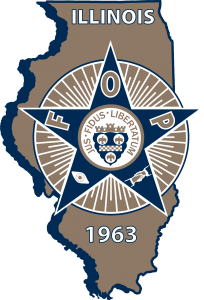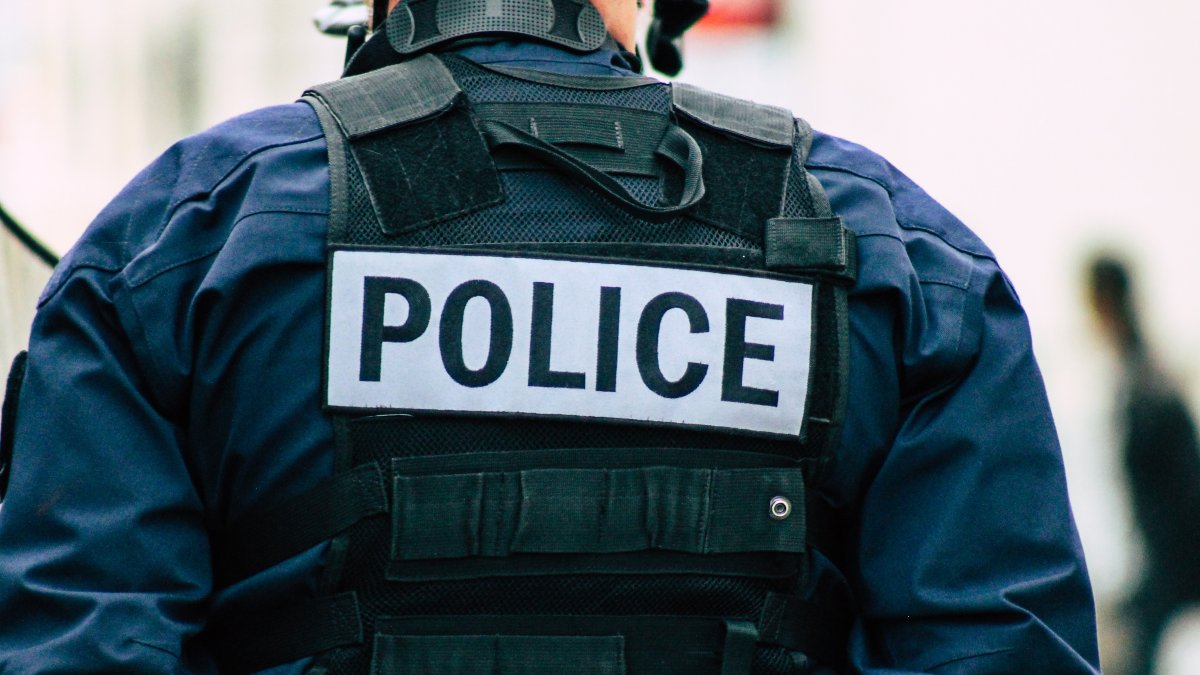House Bill 3653: Impact on police officers & the public
House Bill 3653 was passed just yesterday afternoon. House Bill 3653, authored by the Illinois Legislative Black Caucus, was approved by the Illinois General Assembly last month, bringing “significant changes” to things like police training policies, police accountability, transparency in law enforcement, and the rights of detainees and prisoners, according to Sen. Elgie R. Sims, Jr., who sponsored the bill.
Among the changes the bill will bring are the elimination of monetary bail, a requirement that all police officers wear body cameras by 2025, a ban on all police chokeholds, new guidelines for “decertification” of police officers, and an end to suspended licenses for failure to pay, among several other changes.
It also bans police departments from purchasing military equipment like .50 caliber rifles and tanks, increases protection for whistleblowers, and adds to rights for detainees to make phone calls and access their personal contacts before police questioning.
Some law enforcement officials opposed the measure. “We think it will cause problems,” said Ed Wojcicki with the Illinois Association of Chiefs of Police.
“We understand the rationale for it, but there needs to be a lot more serious concern and a lot more latitude for judges to determine whether someone might be dangerous to society before letting them out on bail.”
Police Accountability
House Bill 3653 includes “a number of measures to increase police transparency and accountability,” according to Sims. Those include:
- Requires reporting on deaths in police custody.
- Requires police to provide a predicate offense for resisting arrest. (That is, a reason for why an arrested was occurring in the first place.)
- Expands police training on the use of force and crisis intervention, as well as first aid training.
- Requires statewide standards and services for officers to receive regular mental health screenings and assistance, while ensuring that counseling and screenings remain confidential.
- Requires police departments to participate in the FBI’s use of force database and strengthens the requirements for use of deadly force.
Prohibits chokeholds by police officers. - Imposes upon police a duty to intervene in the excessive use of force by another officer and to render aid when necessary.
Enhances whistleblower protections. - Extends all restrictions of the use of force that apply to law enforcement officers to bounty hunters as well.
Bans the use of certain military equipment and provides guidance on the use of crowd control measures. - Requires the maintenance of police misconduct records and requires the use of special prosecutors in officer-involved deaths.
Expands the officer misconduct database. - Removes police discipline from the collective bargaining process.
Requires the use of body cameras statewide by 2025. - Takes away the requirement for sworn affidavits for police misconduct complaints.
- Detainee, prisoner, and citizens’ rights “Several measures in HB 3653 are aimed at reforming detainee and prisoner rights, and to ensure Illinois’ criminal justice system is fairer for everyone,” Sims said in a statement. Among other things, the bill:
- Increases services and programming for pregnant prisoners, and requires medical treatment of prisoners and detainees without unreasonable delay.
- Adds new detainee rights when in police custody including:
The right to make three free phone calls within three hours of arrival at the police station and before questioning occurs.
Also Included:
- The ability to retrieve phone numbers contained in their cell phone’s contact list prior to the phone being placed in inventory.
- Requires conspicuous notice of these rights in police stations and booking rooms. Requires that the telephone number to the public defender or appointed attorney’s office must also be displayed.
- Provides that in the event a person who is in police custody is transferred to a new place of custody, his or her right to make a phone call.
- Prohibits people with less than four months on their sentence from being imprisoned and allows them to be diverted to electronic monitoring or another DOC facility or program.
- Ends “prison gerrymandering,” the practice under current law of counting prisoners toward a jurisdiction’s census count rather than their permanent address.
- Makes changes to streamline the crime victims’ compensation process.
- Promotes the use of co-responder models and enhances data collection on mental health crisis response.
- Codifies that the use of force by police as a punishment or retaliation is prohibited.
No-knock warrants
Creates new requirements in the event police execute no-knock warrants, including that:
(1) each participating member is assigned a body-worn camera and is following policies and procedures; (2) steps are taken in planning the search to ensure accuracy and plan for children or other vulnerable people on-site; and (3) if an officer becomes aware the search warrant was executed at an address, unit, or apartment different from the location listed on the search warrant, that member will immediately notify a supervisor who will ensure an internal investigation ensues. These requirements are based on Chicago Police Department reforms.
Military Equipment
Bans the purchase and use of certain military equipment by law enforcement, specifically:
- Tracked armored vehicles
- Weaponized aircraft, vessels, or vehicles Firearms and ammunition of .50-caliber or higher
- Grenade launchers
- Bayonets
- Law enforcement agencies must also publish notice of any requests for property from a military equipment surplus program.
Court Reforms
“HB 3653 also makes a number of changes that specifically affect how people interact with the courts, in ways that aim to interrupt the cycles of recidivism and incarceration in which many Illinois families find themselves,” Sims wrote. Among those reforms are:
- Abolishes monetary bail.
- Ends the practice of suspending drivers’ licenses for failure to pay.
- Aligns the eligibility for the Mental Health Court or Veterans and Servicemembers Court with the other specialty courts.
- Modernizes earned sentence credits, and shortens mandatory supervised release times for certain offenses.
- Clarifies the “Felony-murder rule” and modernizes the three-strikes rule.
- Allows the courts to deviate from mandatory minimums and implement alternate sentencing.
- Police licensure
Losing Certification
A law enforcement officer could lose certification if they are convicted of or found guilty of a felony offense or some misdemeanors under current state law. According to Sims, HB 3653 expands the list of misdemeanors that would prohibit a person from becoming a law enforcement officer or result in their decertification:
- Gives the Illinois Law Enforcement Training Standards Board the discretionary authority to decertify an officer under certain circumstances.
- Outlines the process for receiving and reviewing violations, notice and hearing requirements, and the appeals process.
- Applies to all law enforcement agencies, including the State Police.
Expands the State Police Merit Board to seven members. - Requires officers to complete training verification forms.
New officer misconduct databases
Implements two new officer misconduct databases for transparency. The following are misdemeanors that would result in decertification for police officers, should they be convicted, found guilty, enter a plea of nolo contendere, or be sentenced to supervision, conditional discharge, or first offender provision (*** indicates offenses newly added by this bill):
- Criminal Sexual Abuse
- Indecent Solicitation of a Child
- Sexual Exploitation of a Child
- Prostitution
- Keeping a Place of Prostitution
- Pimping
- Aggravated Assault
- Criminal Sexual Abuse
- Theft
- Deceptive Practices
- Impersonating a Police Officer
- Keeping a Gambling Place
- Offering a Bribe
- Resisting or Obstructing a Peace Officer
- Escape
- Aiding Escape
- Harassment of Jurors or Witnesses
- Simulating Legal Process
- Advances Prostitution
- Profits from Prostitution
- Manufacture or Delivery of Cannabis
- Delivery of Cannabis on School Grounds
- ***Solicitation of a sexual act
- ***public indecency
- ***indecent solicitation of an adult
- ***solicitation to meet a child
- ***domestic battery (all domestic violence convictions prohibit one from carrying a gun)
- ***interfering with the reporting of domestic violence
- ***transmission of obscene messages
- ***harassment by telephone
- ***harassment through electronic communication
- ***evidence interference
- ***Any misdemeanor offenses affecting governmental function such as resisting a peace officer or witness tampering

